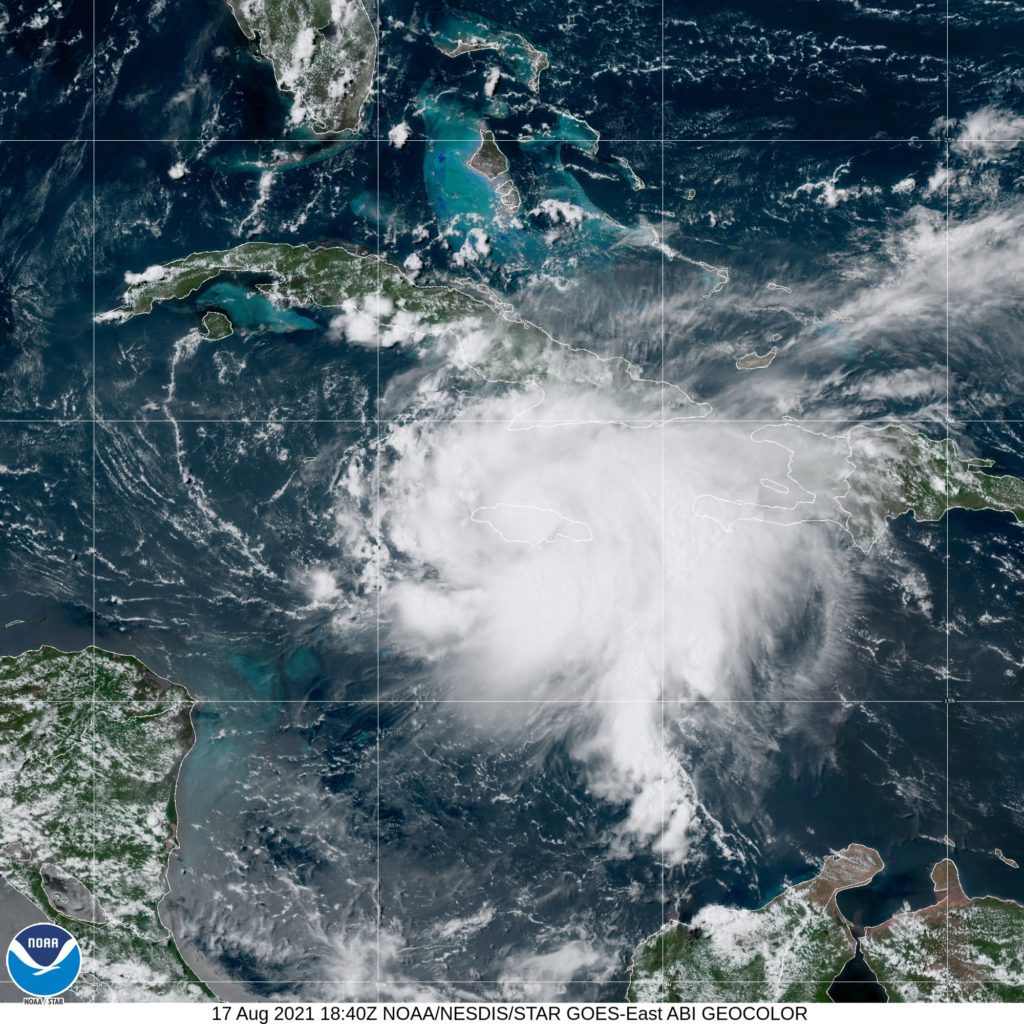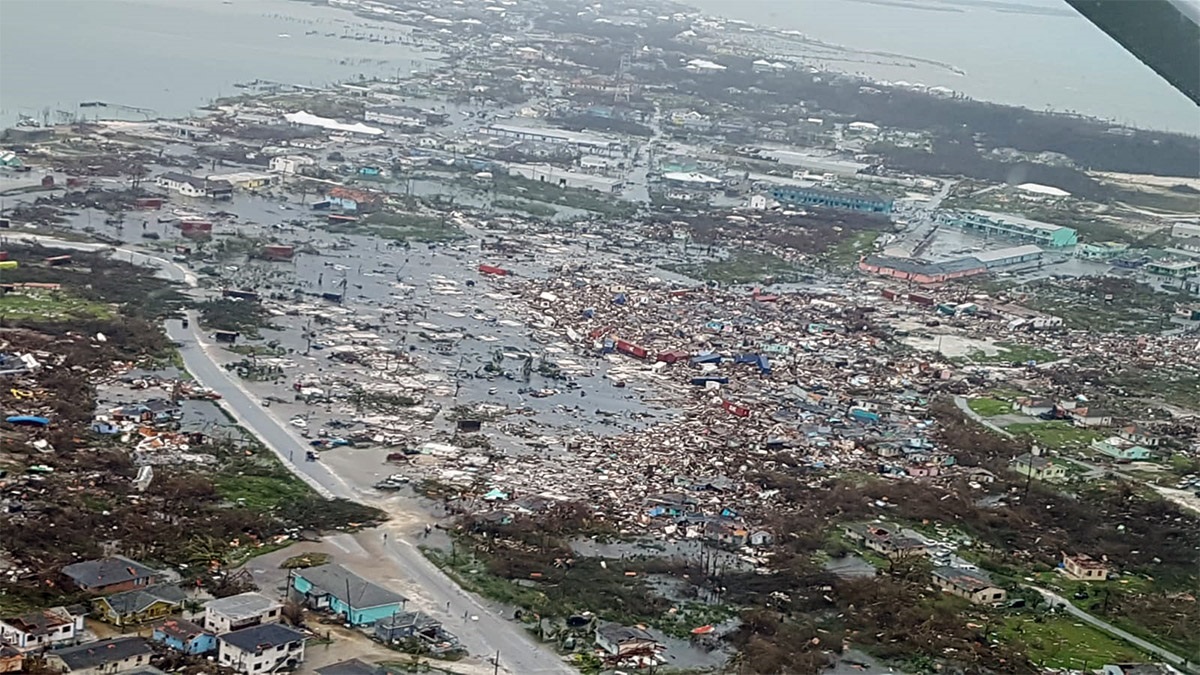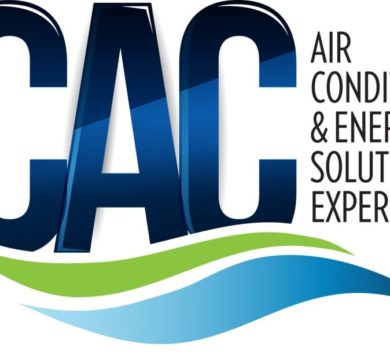

With the imminent approach of the Atlantic hurricane season, which runs from June 1 to November 30, an insurance expert is imploring business operators to take decisive action to protect their businesses against potential disruption and damage by developing a comprehensive emergency response plan.
According to Colorado State University (CSU) researchers, the upcoming Atlantic Hurricane Season is anticipated to be extremely active.
With projections indicating a total of 23 named storms, including 11 hurricanes, five of which are expected to reach category three to five intensity levels, businesses should prepare for potentially severe impacts.
Thomas Smith, managing director, JN General Insurance, said that hurricanes have the potential to cause catastrophic damage and immense financial losses for businesses.
“Hurricanes pose a major threat to business operations and continuity. The destructive forces of these storms can cause extensive damage to facilities, equipment, inventory, and other assets resulting in significant costs to repair or replace damaged or destroyed assets. These expenses can rapidly escalate, putting severe strain on finances and disrupting operations for weeks or, worse case, cause businesses to close permanently, resulting in job losses,” Smith said.
The insurance professional emphasised that business operators must prioritise preparedness measures, especially during the month of May, which is observed as Hurricane Preparedness Month, to ensure the safety of employees, protection of assets, and to ensure continuity of operations.
“We’ve seen the devastating consequences of Hurricane Ivan in 2004 and Hurricane Dean in 2007 on homes and businesses when they passed near Jamaica. Imagine what the destruction would have been like if we had a direct hit. Each year, we see the devastating impact of hurricanes on other countries, such as the Abaco Islands, when Hurricane Dorian made landfall there in 2019 as a category five,” Smith pointed out.


“It’s not enough to simply hope for the best, businesses must be proactive to mitigate risks in order to enhance their ability to bounce back quickly,” he added.
Smith pointed out that businesses that recover from hurricane-related losses quickly are those that developed a robust emergency response plan and ensured that buildings and contents are insured.
As an integral component of a thorough hurricane preparedness strategy, Mr Smith advises businesses to develop and put into action a comprehensive emergency plan.
“This detailed plan should outline measures to secure facilities such as reinforcing doors, windows, and roofs. All critical data and records need to be backed up to an off-site, secure location. Most importantly, provisions must be made to ensure the safety of employees before, during and after a storm.”
Smith also highlighted that for both businesses and homeowners, investment in hurricane shutters can make a big difference in securing property. In addition, he recommended clearing yards of loose objects that could become dangerous projectiles and making sure emergency supplies of food, water, medication, goods used in business operations and other essential items are secured.

“Businesses that take proactive precautions and implement thorough disaster preparedness measures can significantly improve their chances of successfully weathering the storm, thereby minimising the risk of suffering devastating losses,” Smith emphasised.
He also pointed out the impact that natural disasters have on insurance companies.
“Following a natural disaster, insurance companies have to process and pay out large volumes of claims. Major hurricanes invariably result in many claims filed by homeowners and businesses seeking to recover losses to their property, assets, and revenues during the recovery phase. The widespread damage to commercial properties, inventory losses, and prolonged disruptions in operations always lead to substantial insurance claims from businesses,” he elaborated.
“The claim process requires meticulous assessment, evaluation, and verification to ensure that affected individuals and businesses receive the necessary financial support to recover and rebuild in the wake of the catastrophe,” Smith explained.
RELATED STORIES:
- US forecasters see ‘extraordinary’ 2024 hurricane season
- Hyperactive hurricane season projected for tropical Atlantic







Comments